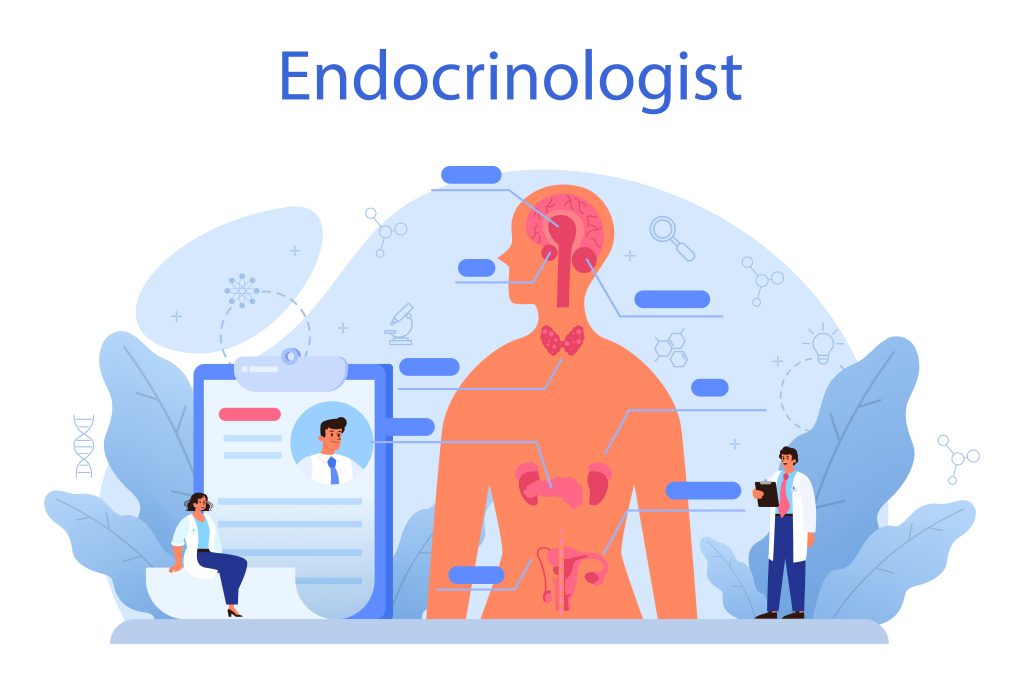10 Proven Health Benefits of Intermittent Fasting

Intermittent fasting has gained popularity in recent years, but its benefits go far beyond weight loss trends. Backed by research and rooted in evolutionary biology, the health benefits of intermittent fasting extend to brain function, metabolism, and longevity.
Health Benefits of Intermittent Fasting
Table of Contents
Let’s explore 10 science-backed ways intermittent fasting can improve your health.
1. Fat Loss and Body Composition Improvement

One of the most well-documented health benefits of intermittent fasting is fat loss. During fasting, insulin levels drop and the body taps into stored fat for energy. This process not only promotes weight loss but improves body composition.
- Fasting helps reduce visceral fat, the dangerous type around organs.
- A study published in the Journal of Translational Medicine found that people who fasted for 16 hours lost more fat while preserving muscle mass.
2. Improved Insulin Sensitivity and Blood Sugar Control

One of the key health benefits of intermittent fasting includes what’s discussed below.
Intermittent fasting enhances insulin sensitivity, making it beneficial for those at risk of type 2 diabetes. It can help stabilize blood sugar levels, reduce insulin resistance, and support metabolic health.
- In a 2020 review, fasting improved insulin sensitivity by up to 31%.
- Blood glucose levels also dropped significantly after 8 weeks of intermittent fasting.
3. Supports Heart Health
The heart reaps several benefits from intermittent fasting. It can lower bad cholesterol (LDL), blood pressure, and triglycerides — three major risk factors for heart disease.
- A study in Cell Metabolism showed fasting reduced cardiovascular risk markers.
- Reduced inflammation contributes to better arterial health.
4. Brain Function and Mental Clarity
One of the key health benefits of intermittent fasting includes what’s discussed below.
Fasting boosts the brain hormone BDNF (brain-derived neurotrophic factor), which supports neuroplasticity and cognitive performance. It also protects against neurodegenerative diseases.
- Animal studies show fasting can delay the onset of Alzheimer’s and Parkinson’s disease.
- Anecdotal evidence suggests better focus and memory during fasting periods.
5. Reduced Inflammation
Inflammation is at the root of most chronic diseases, including heart disease, cancer, and arthritis. Intermittent fasting can lower systemic inflammation markers.
- Fasting reduces pro-inflammatory cytokines.
- Research in humans shows fasting decreases oxidative stress.
6. Promotes Longevity and Cellular Repair
One of the more fascinating benefits is fasting’s ability to increase lifespan. Through a process called autophagy, fasting triggers the body to clean out damaged cells.
- Autophagy is crucial for cellular renewal and disease prevention.
- Rodent studies show increased lifespan from regular fasting.
7. Improved Hormone Regulation

Fasting optimizes key hormones like insulin, ghrelin (hunger hormone), and leptin (satiety hormone). It resets your metabolism and helps with appetite control.
- Studies show decreased ghrelin levels after just a few days of fasting.
- Improved leptin sensitivity supports long-term weight maintenance.
8. Better Gut Health
Short fasting windows give your digestive system time to rest and reset. It also fosters a more diverse and resilient gut microbiome.
- Fasting enhances gut barrier integrity and reduces leaky gut.
- May improve symptoms in IBS and autoimmune digestive conditions.
9. May Help Prevent Cancer
Early research suggests fasting could slow tumor growth and improve chemotherapy effectiveness.
- Fasting cycles improve the body’s resistance to oxidative stress, a key cancer factor.
- In mice, fasting slowed the spread of cancer cells.
10. Mental Discipline and Self-Control

Aside from physical benefits, intermittent fasting helps develop mental resilience. Skipping meals may build stronger willpower and help break emotional eating habits.
- Fasting helps establish a healthier relationship with food.
- Improves self-discipline, which can translate into other life areas.
Conclusion: Should You Try Intermittent Fasting?
The health benefits of intermittent fasting are broad and scientifically validated. From fat loss to disease prevention, it offers a natural, powerful way to enhance overall well-being.
While it’s not suitable for everyone (especially pregnant women or those with certain conditions), when done safely, fasting can be a life-changing habit.
👉 Always consult a healthcare provider before starting any fasting routine.
If you found this article helpful, share it with someone exploring fasting! For more science-backed wellness tips, follow us at https//:trendspotternews.com

